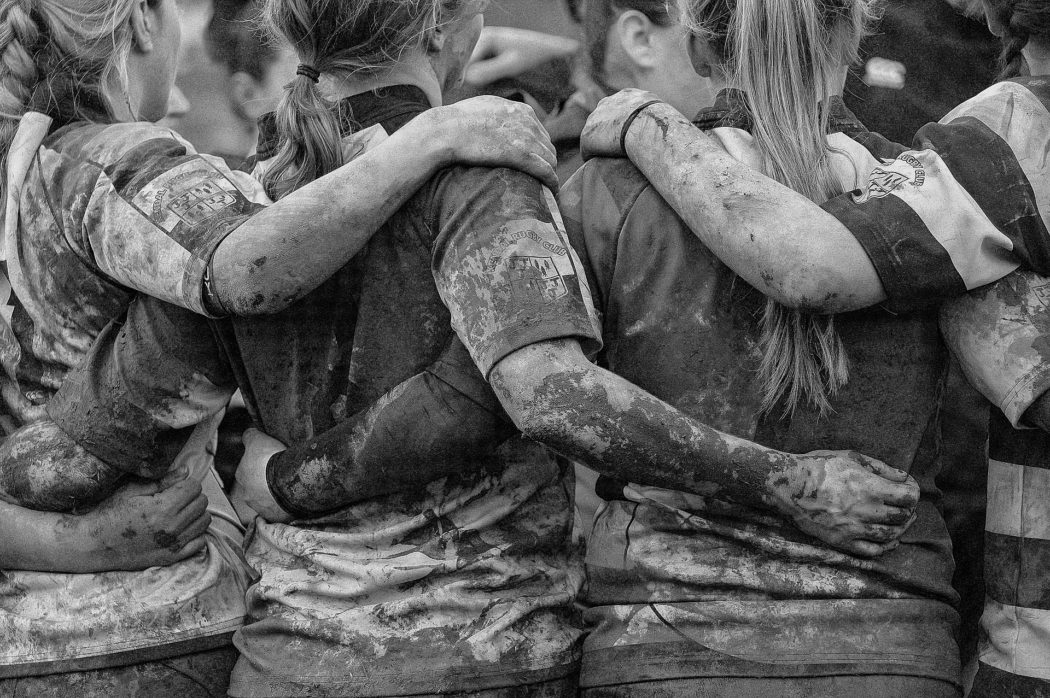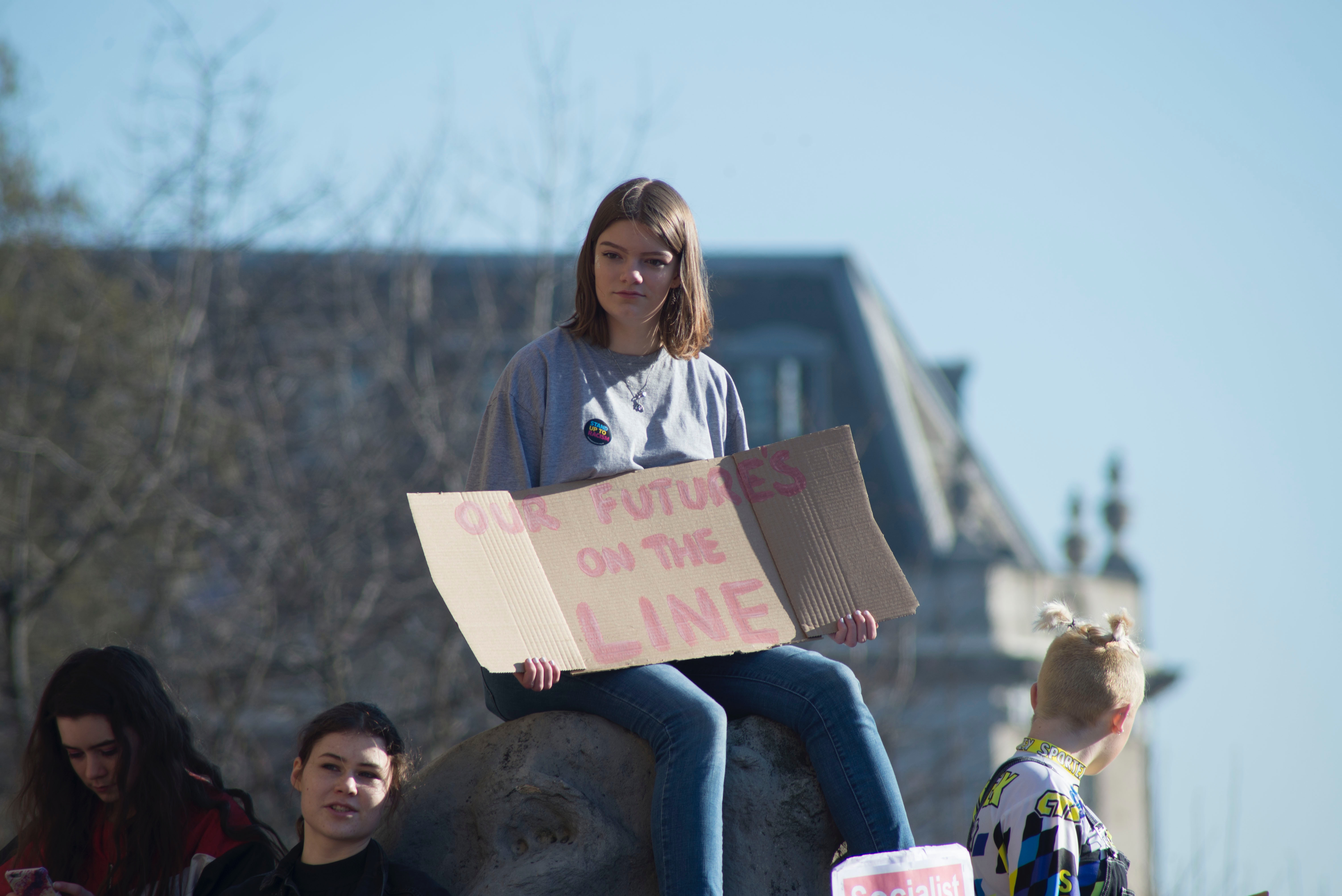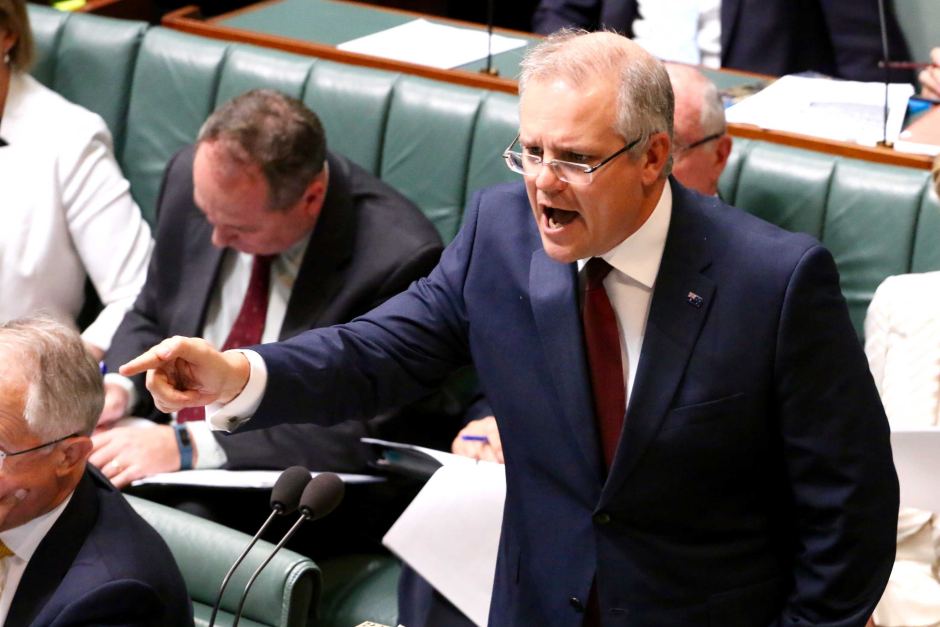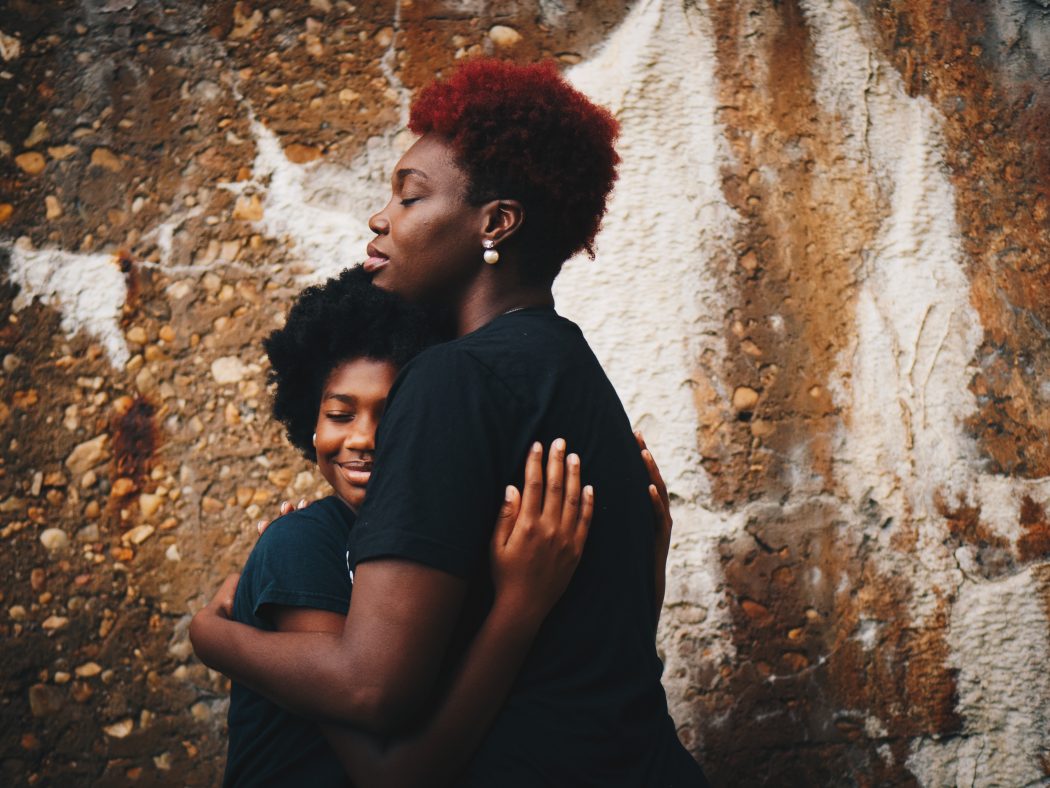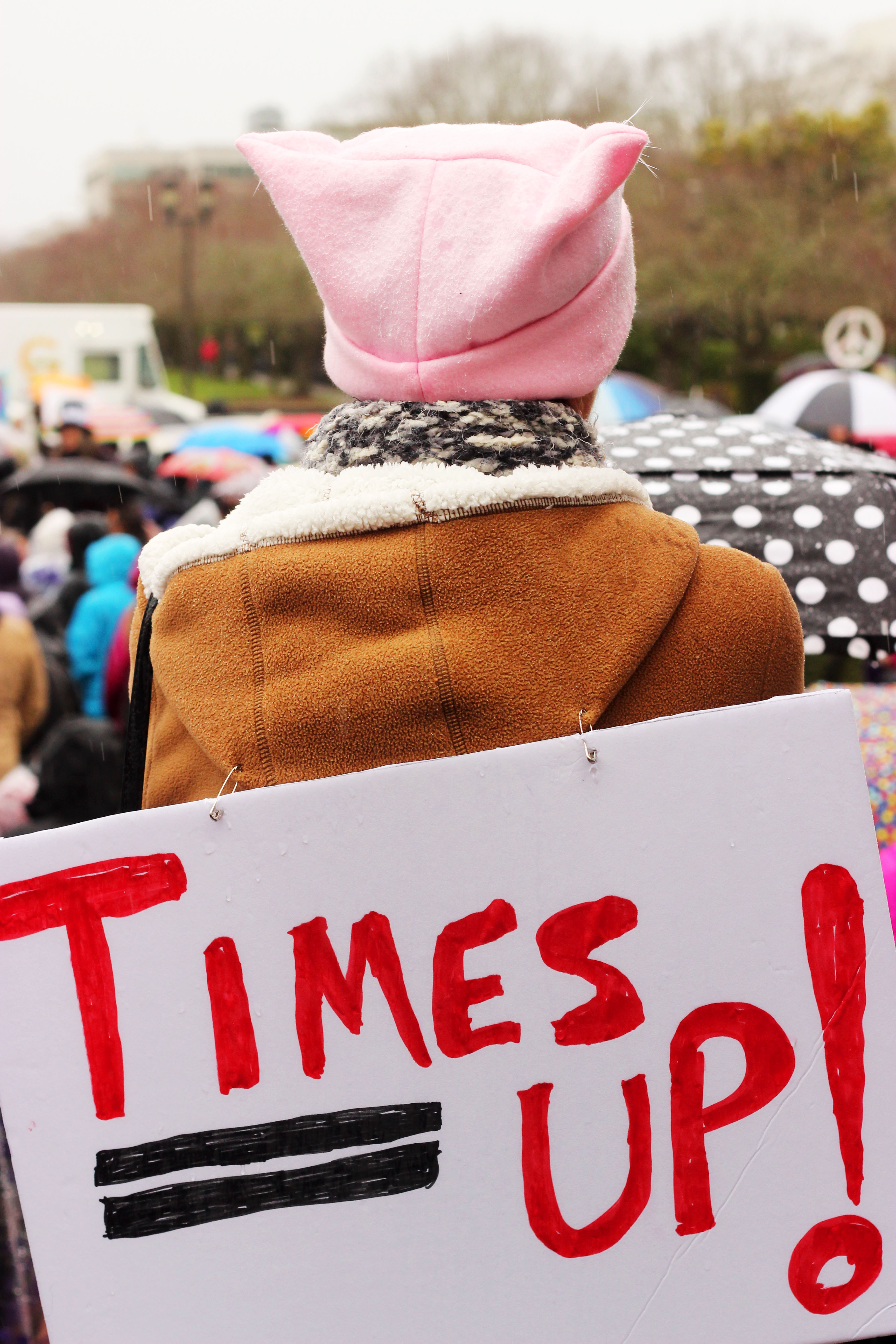Outspoken body-positivity activist Jameela Jamil calls for change by addressing the harmful behaviours of reality stars and the media on our body image and self-esteem.
The tide is changing when it comes to body positivity. Where low self-esteem once dominated and allowed for the media to spread messages of weight loss, there are now many people challenging these ideas and calling for the removal of body shaming.
British actor and star of The Good Place Jameela Jamil is an increasingly loud and insistent voice when it comes to challenging the standards of physical beauty perpetuated by the media and entertainment industry.
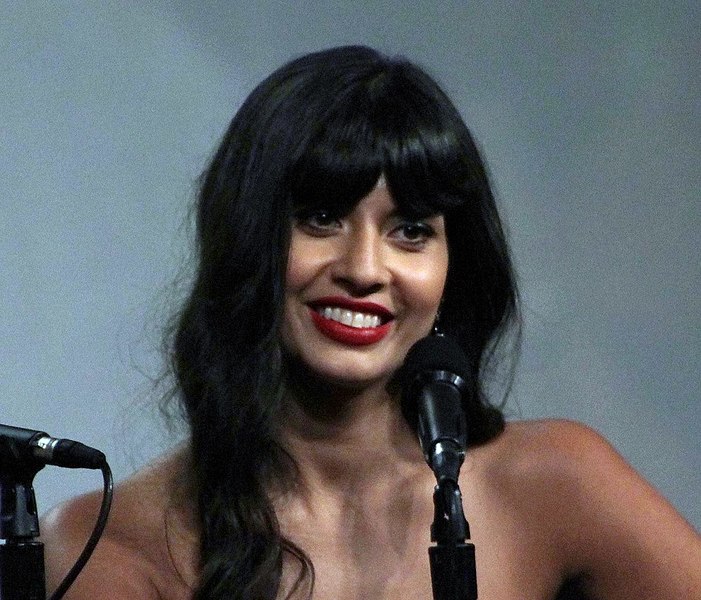
Jamil is outspoken on social media when it comes to body positivity and calling out celebrities who encourage unhealthy body image ideals.
She recently shared an image to Instagram showing off the stretch marks on her breasts, announcing that she would now call them ‘Babe Marks’.
Jamil is outspoken on social media when it comes to body positivity and calling out celebrities who encourage unhealthy body image ideals.
“Boob stretch marks are a normal, beautiful thing,” she captioned her post. “I have stretch marks all over my body and I hereby rename them all Babe Marks. They are a sign my body dared to take up extra space in a society that demands our eternal thinness.”
These comments are a welcome dose of honesty and frankness in a world where women are conditioned to be ashamed of such things.
https://www.instagram.com/p/Bvt4ccCBbdr/?utm_source=ig_web_copy_link
“[Stretch marks] are a sign my body dared to take up extra space in a society that demands our eternal thinness.”
Her tweets about Photoshop and airbrushing advertising campaigns in the media, calling for them to become illegal also went viral. She banned the use of Photoshop on herself, explaining that the practice is not only harmful for the audience, but also for her own self-image.

She banned the use of Photoshop on herself, explaining that the practice is not only harmful for the audience, but also for her own self-image.
Recently, Jamil called out Khloe Kardashian on social media after the reality star promoted weight loss products to her millions of followers on Instagram.
“It’s incredibly awful that this industry bullied you until you became this fixated on your appearance,” wrote Jamil. “But now please don’t put that back into the world and hurt other girls the way you have been hurt. You’re a smart woman. Be smarter than this.”
https://www.instagram.com/p/BvRMi0RF9iD/?utm_source=ig_web_copy_link
Jamil is adamant in the fight against body shaming, which comes from her own personal experiences of body dysmorphia, eating disorders and incessant bullying she received as a teenager.
Jamil recently launched her “I Weigh” campaign, a social media movement where she encourages women to describe their qualities and accomplishments rather than their appearances.

Jamil is adamant in the fight against body shaming.
Beginning as a single powerful message shared on Instagram, it has since turned into a movement after thousands of other women also began sharing their own powerful messages after becoming sick and tired of their worth being measured by their weight.




